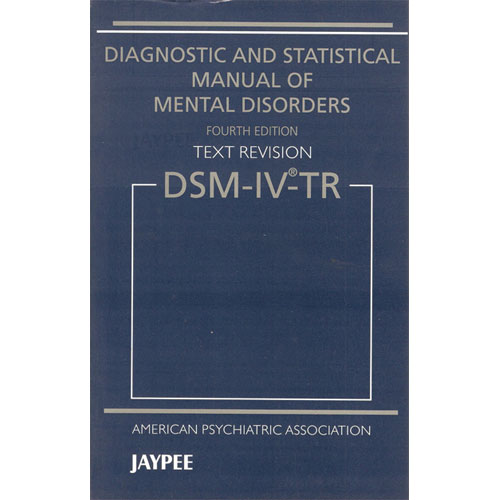Note from CCHR: No psychiatric disorder can be proven as a medical abnormality, physical illness or disease. Not one. Despite decades of “research,” billions in government funding, billions spent on lobbying and marketing, the fact remains the same: lists of behaviors (which is all the DSM consists of) are not diseases. That’s not what diseases are. If there is a disease, then there is some medical test to prove the abnormality exists. No psychiatric disorder has ever been proven to be a medical disease/illness or abnormality. Period. What this article is focusing on, however, is the even greater danger psychiatry currently poses to society with the upcoming DSM V— the inclusion of “preventative” psychiatry. Translated, that means diagnosing people with mental disorders “before” they develop mental disorders— that cannot be medically proven to exist.
For more information watch CCHR Co-founder, Professor of Psychiatry Emeritus, Thomas Szasz http://goo.gl/syKzS
Practical Ethics, University of Oxford
July 14, 2011 – by Oliver Matthes
 The DSM (Diagnostic and Statistical Manual of Mental Disorders) is the world widely recognized classificatory system of psychiatric disorders, published by the American Psychiatric Association (APA). It is currently under major revision; the release version DSM-5 is expected in May 2013. The “psychiatrist´s bible“ has overwhelming impact: Inclusion in the DSM carries weight far beyond the psychiatrist’s office. It has major influence on whether insurers will cover therapy for a condition, whether research will be pursued for a specific disease or whether the health technology assessment agencies will approve medications that can be marketed for it.
The DSM (Diagnostic and Statistical Manual of Mental Disorders) is the world widely recognized classificatory system of psychiatric disorders, published by the American Psychiatric Association (APA). It is currently under major revision; the release version DSM-5 is expected in May 2013. The “psychiatrist´s bible“ has overwhelming impact: Inclusion in the DSM carries weight far beyond the psychiatrist’s office. It has major influence on whether insurers will cover therapy for a condition, whether research will be pursued for a specific disease or whether the health technology assessment agencies will approve medications that can be marketed for it.
Many interesting issues in DSM-5 could be discussed: the prevailing categories “substance abuse” and “dependence” will be substituted by “addiction and related disorders”, gender and ethnicity specific distinctions will we introduced and instead of distinguishing different entities like “Autistic disorder” or “Asperger´s disorder”, the manual introduces the term “Autism spectrum disorder”.
In this blog post, I want to focus on one particular innovation: The introduction of so-called risk syndromes. This is a collective term for all those conditions, which do not “yet” meet the “full” clinical diagnostic criteria, e.g. for schizophrenia: In this case, you would suffer from the “attenuated psychotic syndrome”. The aim is obvious: “Young people at risk for later manifestation of a psychotic disorder can be identified“. (http://www.dsm5.org/ProposedRevision/Pages/proposedrevision.aspx?rid=412#). This is a clear paradigm shift towards early diagnosis and prediction in psychiatry. Is this shift ethically justified?
Read the rest of the article here: http://blog.practicalethics.ox.ac.uk/2011/07/%E2%80%9Cthe-madness-of-normality%E2%80%9D-on-why-the-dms-5-is-fundamentally-wrong/

